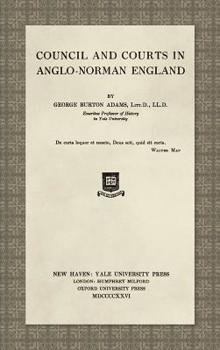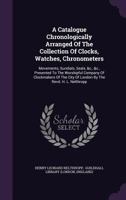Council and Courts in Anglo-Norman England (Yale Historical Publications. Studies)
Select Format
Select Condition 
Book Overview
The judicial system constructed by the Normans after 1066 rested on a broad foundation of Anglo-Saxon institutions. Adams traces the evolution of this construction with an emphasis on the ways Anglo-Saxon and Norman practices influenced one another. He proceeds to demonstrate how the resulting judicial hybrid contributed to the development of the English constitution. Reprint of a title from the Yale Historical Publication Studies.
Format:Hardcover
Language:English
ISBN:1584774495
ISBN13:9781584774495
Release Date:April 2019
Publisher:Lawbook Exchange, Ltd.
Length:434 Pages
Weight:1.77 lbs.
Dimensions:1.1" x 6.0" x 9.0"
More by Henry Leonard Nelthropp
Customer Reviews
3 customer ratings | 3 reviews
There are currently no reviews. Be the first to review this work.






















